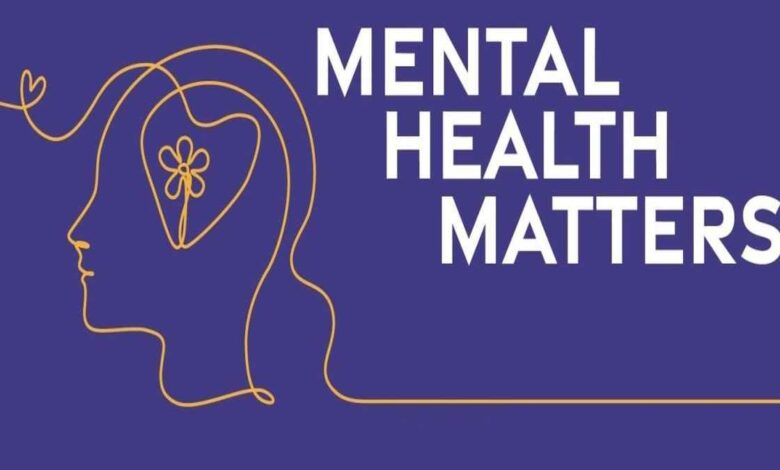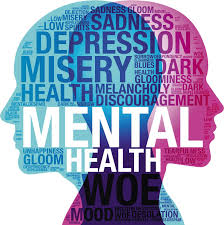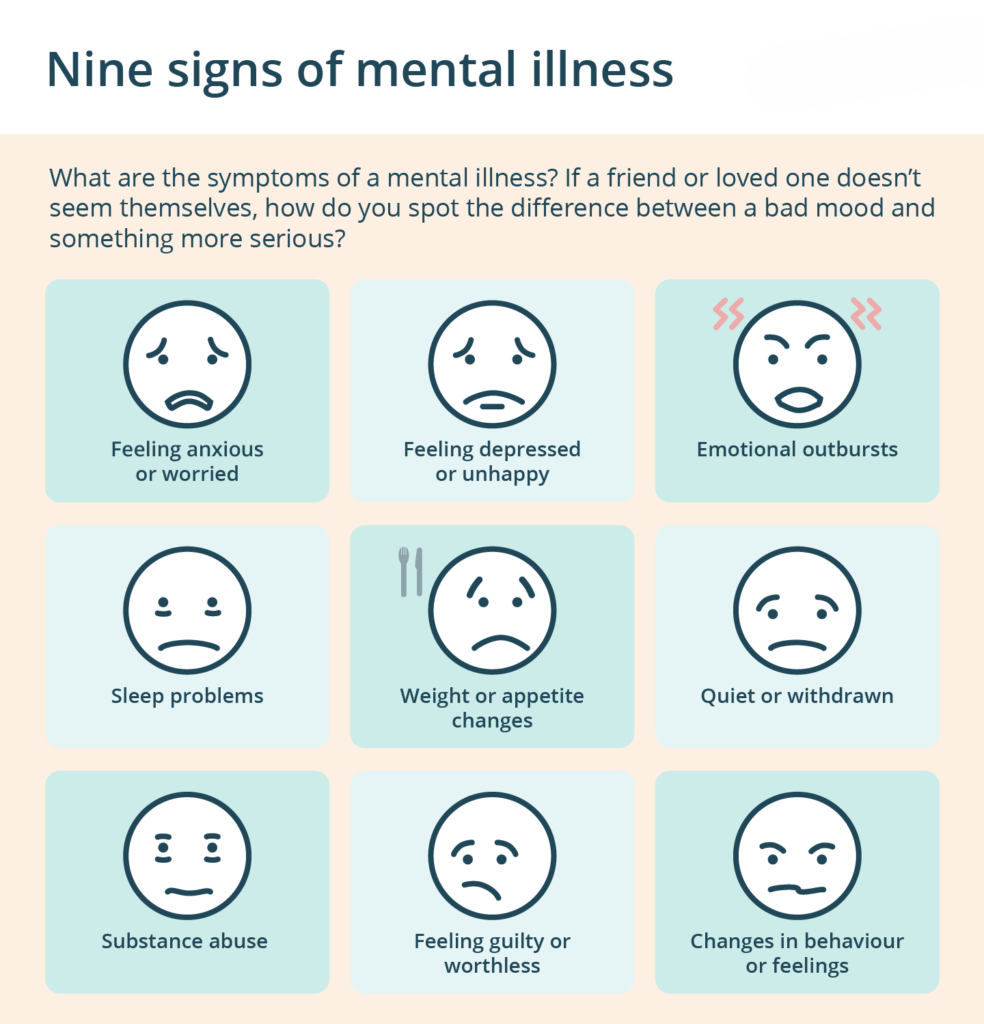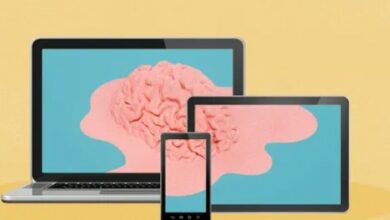Mental Health Matters: Your Guide to Well-being and Happiness

Did you know that 1 in 4 people worldwide will be affected by mental or neurological disorders at some point in their lives? Mental health is a crucial aspect of our overall well-being, impacting how we think, feel, and act. This article aims to shed light on the importance of mental health and well-being, providing you with valuable insights and practical tips to maintain a healthy mind.
Defining Mental Health

Mental health encompasses our emotional, psychological, and social well-being. It influences how we handle stress, relate to others, and make choices. To better understand your mental health, take this self-assessment quiz:
- Do you often feel overwhelmed by stress?
- Are you finding it hard to enjoy activities you used to love?
- Do you struggle with persistent negative thoughts?
Answering these questions can help you reflect on your current mental state and identify areas that may need attention.
The Pervasive Impact of Mental Health
Mental health significantly affects our daily functioning. Poor mental health can lead to decreased productivity, strained relationships, and a lower quality of life. Additionally, mental health and physical health are closely interconnected. Chronic stress can lead to physical ailments like heart disease and weakened immune response.

Common Mental Health Issues
Many people face mental health challenges such as anxiety, depression, PTSD, and bipolar disorder. Recognizing the symptoms early can lead to more effective management. Here are some signs to watch for:

- Anxiety: Excessive worry, restlessness, and difficulty concentrating.
- Depression: Persistent sadness, loss of interest in activities, and changes in sleep or appetite.
- PTSD: Flashbacks, severe anxiety, and uncontrollable thoughts about a traumatic event.
Real-life Story: Sarah, a young professional, struggled with anxiety for years before seeking help. Her journey to recovery began with recognizing her symptoms and reaching out to a mental health professional.
Practical Strategies for Maintaining Mental Health
Developing a daily self-care routine is essential. Here are some practical strategies:
- Spiritual Comfort: Listen to portions of the Quran and reflect on their meanings with reverence if you understand Arabic, or read from it as much as you can. Allah Almighty assures us that hearts find peace in the remembrance of Allah. It has indeed been proven that the words of Allah have a profound impact on our mental and spiritual well-being, even for non-Muslims who do not know Arabic, as long as there is a genuine desire to listen to the words of Allah (the Quran).

- Mindfulness and Meditation: Practicing mindfulness can help reduce stress and improve emotional regulation.
- Physical Exercise: Regular exercise releases endorphins, which boost mood and energy levels.
- Healthy Eating: A balanced diet rich in nutrients supports overall brain function.
- Social Support: Cultivating strong social connections provides emotional support and reduces feelings of isolation.

Follow this step-by-step guide to incorporate these practices into your daily routine.
Professional Help and Treatment
It’s crucial to recognize when to seek professional help. If you experience persistent symptoms that interfere with daily life, consulting a mental health professional is essential. Different professionals can help:

- Psychologists: Provide therapy to help manage and overcome mental health issues.
- Psychiatrists: Can prescribe medication to treat mental health disorders.
- Counselors: Offer guidance and support for everyday stressors and challenges.
Combating Stigma
Stigma around mental health can prevent individuals from seeking the help they need. Understanding stigma and sharing personal stories can help combat it. Here are some community actions you can take:
- Open Conversations: Talk openly about mental health to normalize it.
- Support Initiatives: Participate in or support mental health awareness campaigns.
- Education: Educate yourself and others about mental health to dispel myths and misconceptions.

Personal Narrative: John overcame the stigma associated with mental health by sharing his experiences with depression. His openness encouraged others in his community to seek help and support each other.
In summary, mental health is vital to our overall well-being. By understanding mental health, recognizing the signs of common issues, adopting practical strategies, and seeking professional help when needed, we can lead happier and healthier lives. Remember, taking care of your mental health is just as important as taking care of your physical health.
Share this article, seek help if needed, and spread awareness about the importance of mental health.




